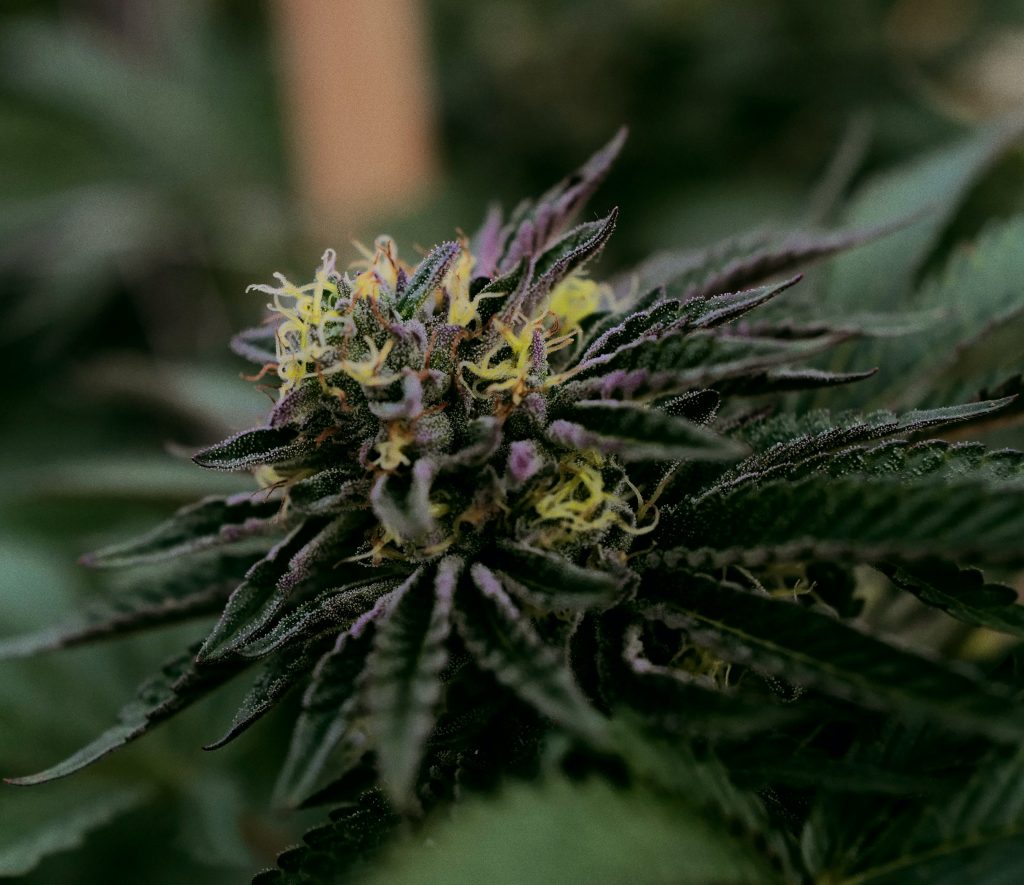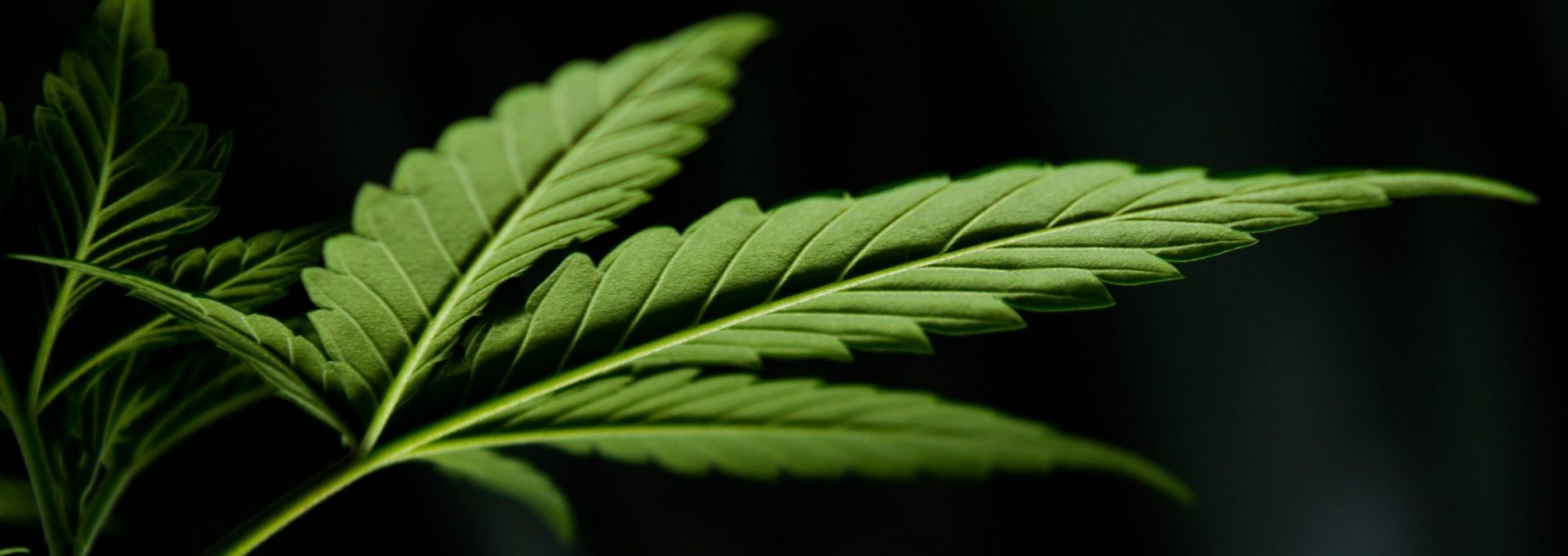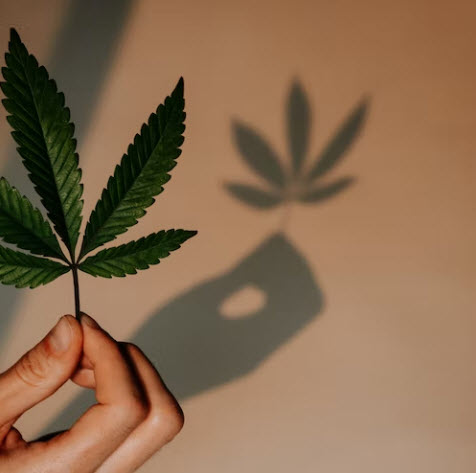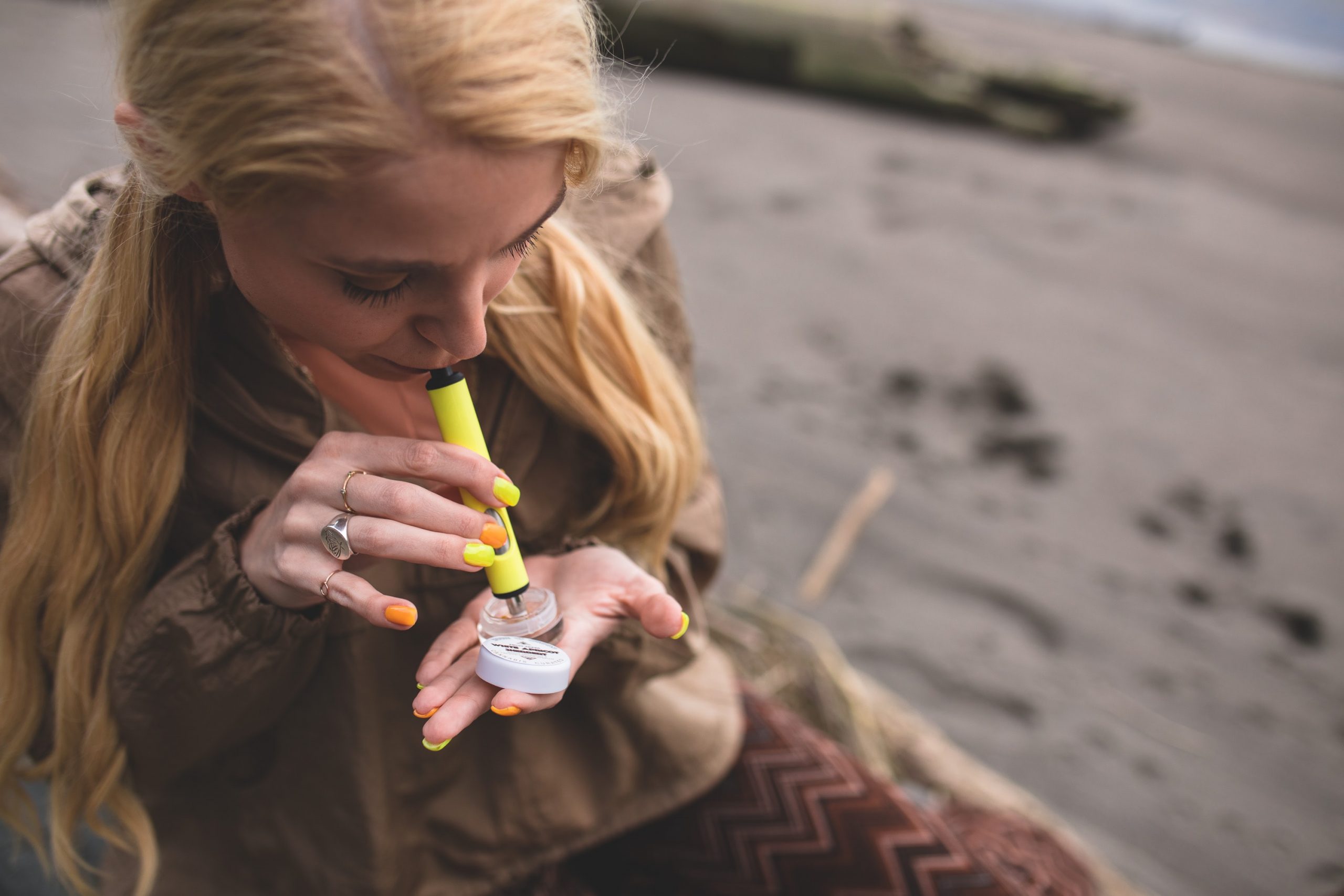
Ritter Sport, a family run German business over a hundred years old, is facing food regulators who claim that their sugar free chocolate bar violates Germany’s regulations about the definition of “chocolate” – which must include sugar. If this battle sounds new, you do not work in the cannabis industry where this all sounds very familiar. See “Novel Food.”
You may find the recent Guardian story about the travails of Ritter Chocolate a bit odd, but only if you do not work in the cannabis industry in Europe.
For those who have remained blissfully unaware of the stakes if not drama unfolding on the choco side of this fruit and nut cake, here is the skinny.
Ritter decided to bring a sugar free chocolate bar onto the market, and was approved by EU regulators about a year ago, only to be told by German authorities that this idea violates the idea of Germany’s strict “cocoa” regulations. The idea here, of course, however strange if not vaguely bizarre to Auslanders is that according to German law, a chocolate bar has certain ingredients, defined by statute, and one of those is sugar. How straight old cocoa powder if not baker’s chocolate missed such eagle eyes is another matter – but it is one of the reasons you cannot find either in the now Brexited UK either.
Confectioners who sell the product anyway, breaking the Deutsche Kakao-Verordnung (literally German chocolate law) can be fined and punished accordingly.
Caught between a rock and a proverbial bureaucratic German hard place, Ritter Sport is throwing down the guantlet, calling such regulations wildly out of step with a modern food market. After all, sugar free chocolate is a “thing” in many places.
Here is why they should be supported, and broadly, by the cannabis industry.
A. This entire affair is not an anomoly. German food law is there to protect consumers, but the idea of “sugar free” is one that, certainly, if using other natural ingredients, should never have caused alarms in the first place…at any agency. Indeed the blatent ridiculousness of the rigid way in which such regulation is interpreted is one of the reasons that the entire cannabis industry has been facing if not launching challenges to the same for the better part of several years – and at the EU level. However, as in this case, it is not just EU regulators that are the problem. German regs, in particular, are a bear, and further interpreted with a zealousness that often belies basic common sense.
B. Labelling strategies are critical at this juncture, not only in Germany but across the EU – and for every ingredient – but including cannabis. For example, many in the industry already know that a “Novel Food” approach to cosmetics and food product production chain is actually a giant waste of time. Whole plant extraction under EU-Bio, is a much better strategic regulatory path to follow. However even here, authorities are playing games with definitions on a sovereign level that is going to take several years to kink out just in Germany. And here is the thing to remember – this is going to be a long fight. You are dealing with people who think no-sugar chocolate is a “violation” of regulations. Imagine how they react to a product like cannabis – even of the low to no THC kind. And even after the European Commission ruled that CBD at least was not a narcotic.
C. While regulation is essential to keep consumers safe, it is also clear that there is a drastic need for a common sense overhaul if not update and reconsideration of regulation that is, in the case of both chocolate and cannabis, over a hundred years old.
How that happens, in the field and in the regulatory thickets, is another question. But for an industry that works alongside the chocolate industry as closely as the cannabis industry does, it seems that this fight is a good one to enter now – and with some obviously strategic if “non-industry” partners.







